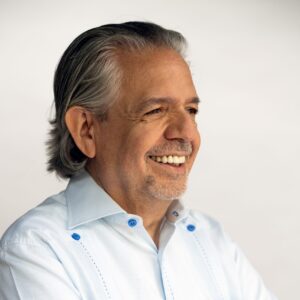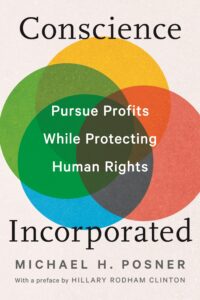As part of this month’s Robert F. Kennedy Human Rights Book Club series, former Congressman Richard “Dick” Gephardt joined RFK Human Rights President Kerry Kennedy to discuss his new memoir, 535 Not One. Drawing from nearly three decades in the U.S. House of Representatives, Gephardt offers an insider’s perspective on the evolution of American politics, the challenges facing democracy today, and the enduring values that shaped his public life.
Gephardt’s book is a reflection on a career spent navigating the complexities of policymaking, political compromise, and national leadership. Through personal stories and historical insight, he explores issues that continue to shape the legislative agenda—including healthcare reform, foreign policy, budget deficits, and impeachment. His writing and remarks reflect a deep respect for public service and a belief in democracy’s potential when grounded in humility, collaboration, and shared purpose.
During the seminar, Gephardt expressed concern over the rise of hyperpartisanship and its corrosive effect on governance. He emphasized the urgent need for structural reform and improved communication between parties to restore functionality in Congress. Drawing on lessons from his upbringing, he underscored the role of education in advancing equity and the importance of leading with empathy—values instilled in him by his mother and carried throughout his career.
A key theme throughout the discussion was the power of collective action. Gephardt argued that real progress—on healthcare, education, diplomacy, and economic justice—requires Americans to work together across divides. Democracy, he noted, is not static; it must be constantly defended, renewed, and refined through civic engagement and honest debate.
With warmth and candor, Gephardt reminded attendees that public service is about more than individual ambition, it’s about representing people, solving problems, and finding common ground. His reflections provided valuable context for understanding the present-day challenges in American governance and inspired a renewed sense of responsibility to foster a more inclusive and responsive democracy.



